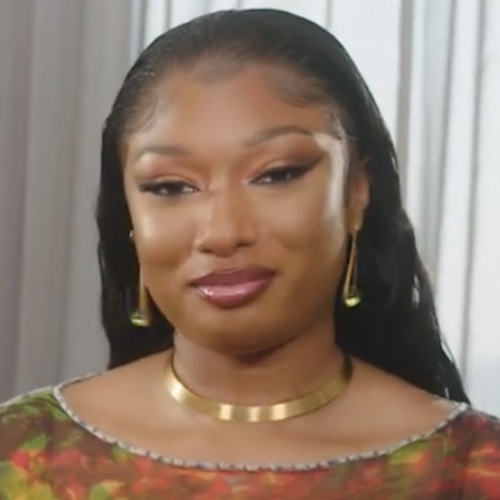At this time of year it is increasingly hard to sit down in someplace for a prolonged period of time and listen to an album front to back multiple times for the purpose of a review. On the flip side though it’s the perfect time to think less about the albums generated by hip-hop artists and more about the state of hip-hop culture as a whole. In fact ever since Tory Lanez was found guilty of shooting Megan Thee Stallion on December 23rd, I’ve had even more time to reflect on the misogynoir prevalent in both the music and the culture we love. The term itself may have only existed since 2010, but the attitude has existed far longer than that.
Let me start by saying I will in no way do justice to anything Moya Bailey has to offer on the subject of the intersection “where racism and sexism meet – an understanding of anti-Black misogyny.” That’s not just because I’m not a tenured professor – I’m also not qualified based on a lack of direct experience due to gender and ethnicity. Let’s put this into plain English – you can’t know what a black woman goes through or feels if you’re not one. At the same time if you’re not trying to understand the issues involved, you might as well just admit you’re throwing your hands up in the air and saying “Nothing can be done – it’s just the way things are.”
From the moment Megan said Tory shot her the wheels of injustice were in motion. He immediately went on the offensive and his lawyer claimed it was a “smear campaign” by Megan and her team. A few prominent rappers did offer Megan support, but many more accused her of lying. Instead of letting the case be tried in a court of law, Megan was tried in a court of public opinion by the likes of Cam’ron and entertainment bloggers who do not enjoy her empowered femininity. In fact Tory tried to claim he was the victim in the whole thing, as though the publicity of the trial causing him to have suicidal thoughts was somehow worse than shooting someone multiple times.
More damning than any of that is the fact Megan herself said she “feared for her life” if she went to the police in the aftermath of the shooting. It’s also telling that whether in the United States or the United Kingdom (where one of our most prominent writers lives), black women have disproportionately negative outcomes dealing with law enforcement. This is knowledge that can be codified by statistical data regardless of your gender or ethnicity. Look, at, the facts. If you won’t believe Megan Pete, believe what the numbers says — black women fear not being taken seriously by the police and/or being further victimized for daring to speak up. Too often they are right.
Hip-Hop music should not be exempt from this discussion. The casual misogyny of many rappers is not a topic I have shied away from in the 20+ year history of this website, but it can’t be said that anything I’ve said has changed the situation. This suggests to me that we need to have a broader discussion that goes beyond the words “bitch” and “hoe” and dig deeper. That’s where my personal intersection of Megan Thee Stallion, Tory Lanez and misogynoir comes into play. Discrediting Megan is no different from the people who discredited Sister Dee when she said Dr. Dre threw her down a flight of stairs. These are not isolated incidents that took place in a vacuum. They are a reflection of a systemic inequality baked in to society, one which Moya Bailey is addressing with the word misogynoir, and one we should do more than just reflect on now that Tory Lanez has been found guilty. It’s time for a change.

